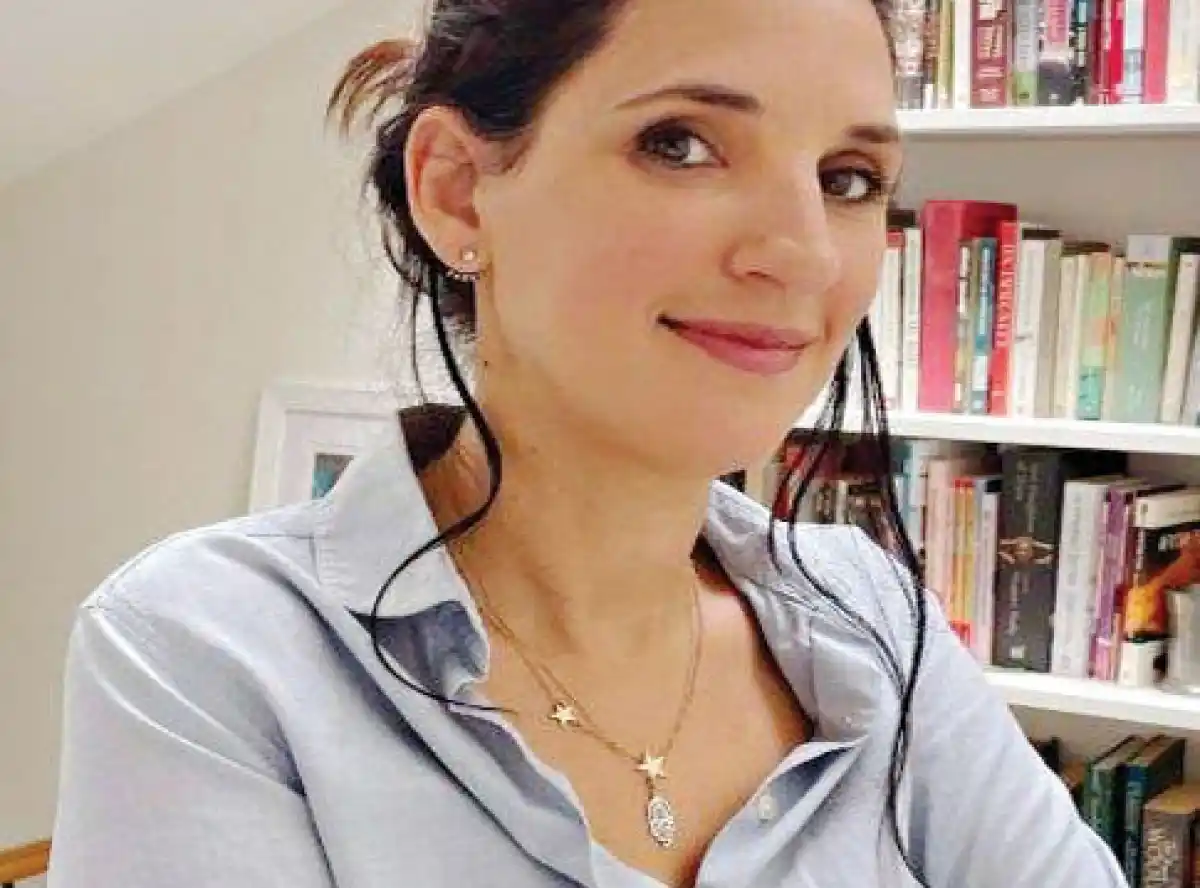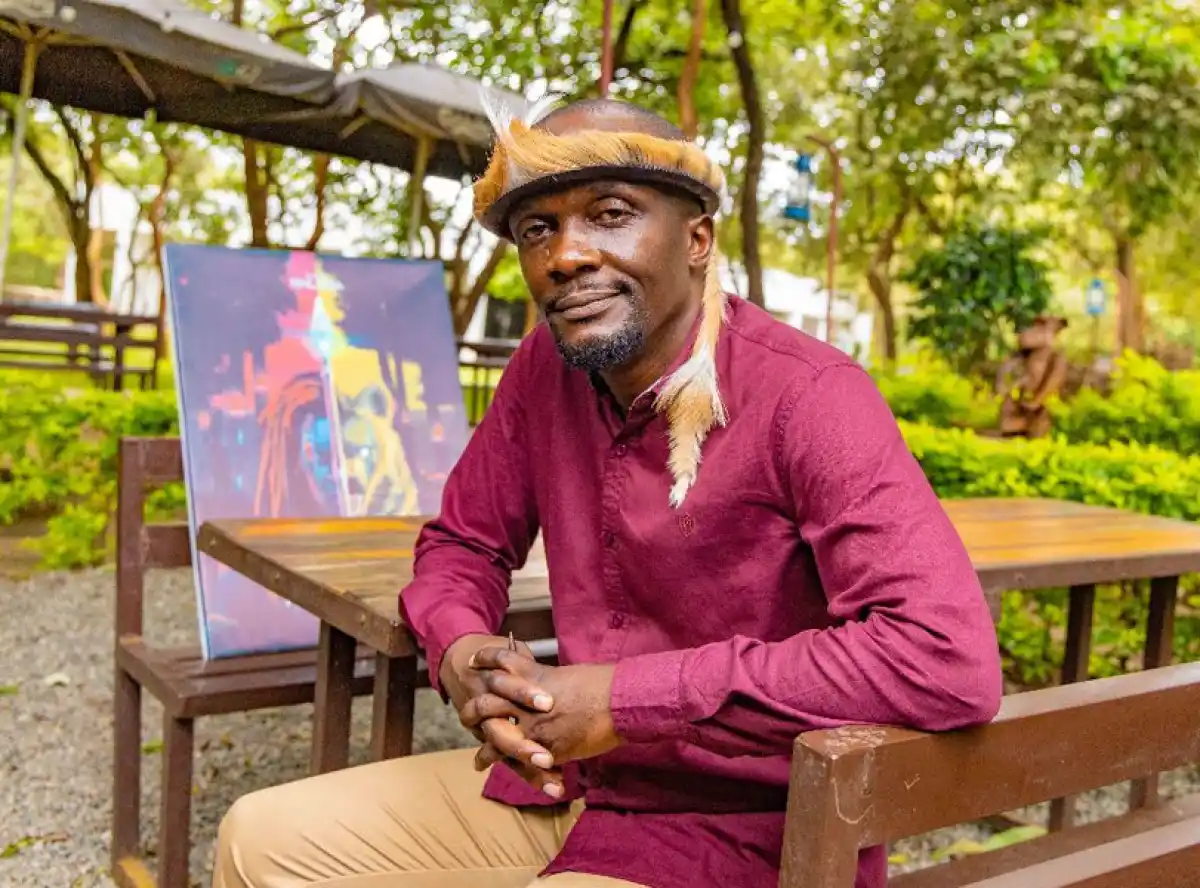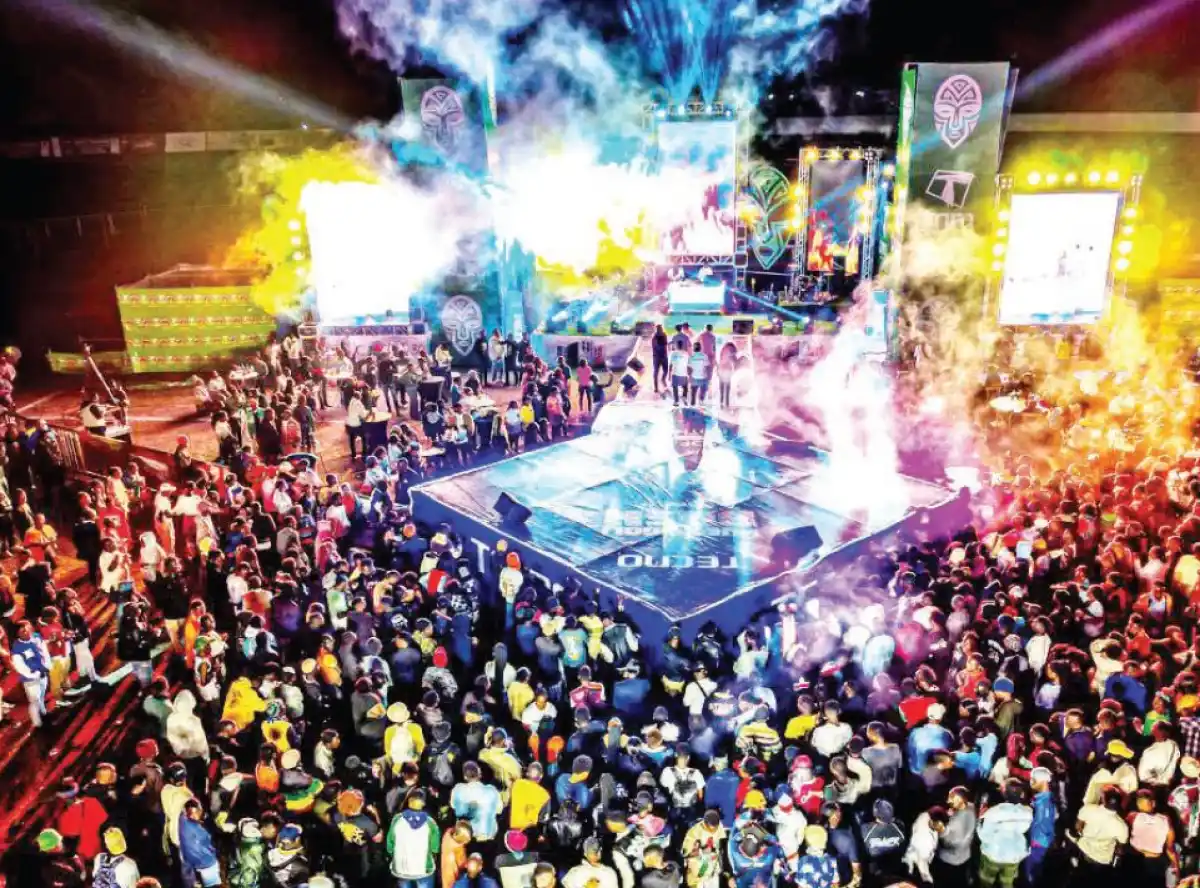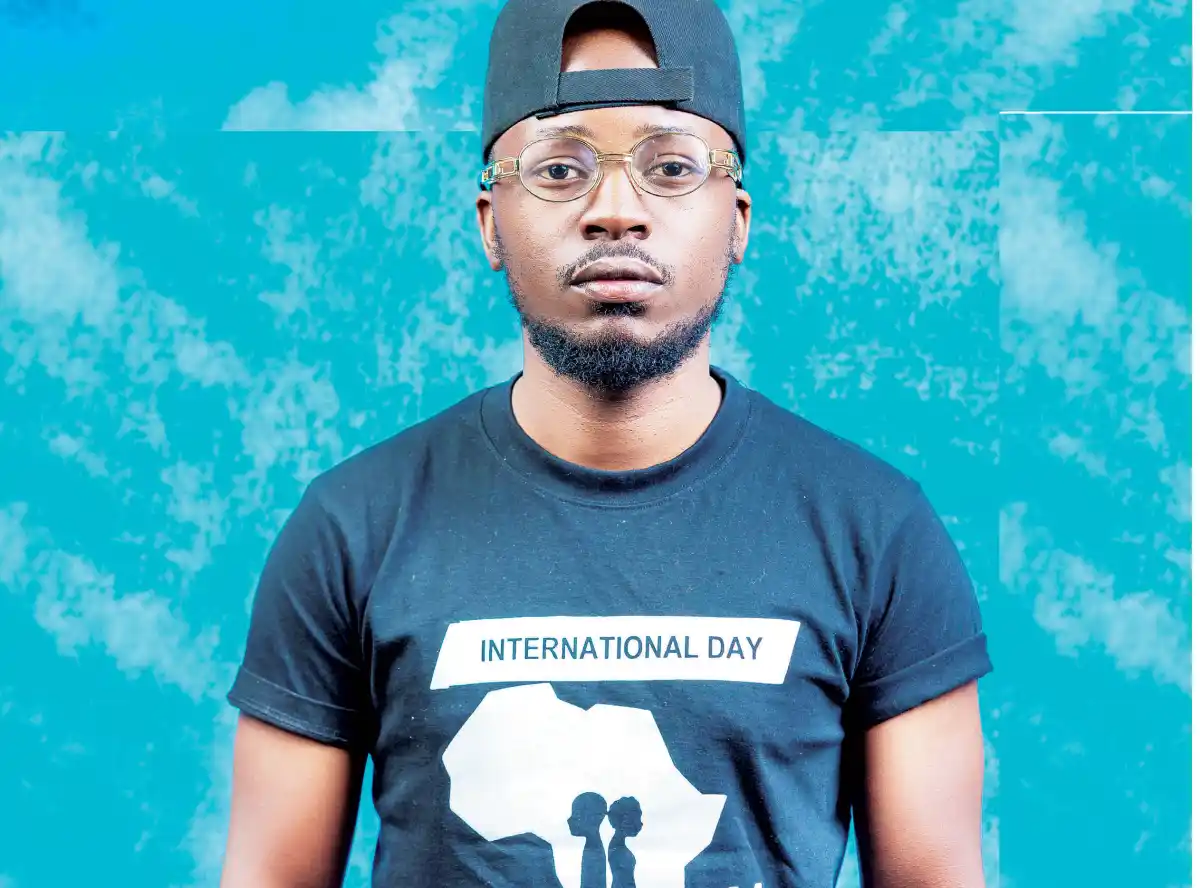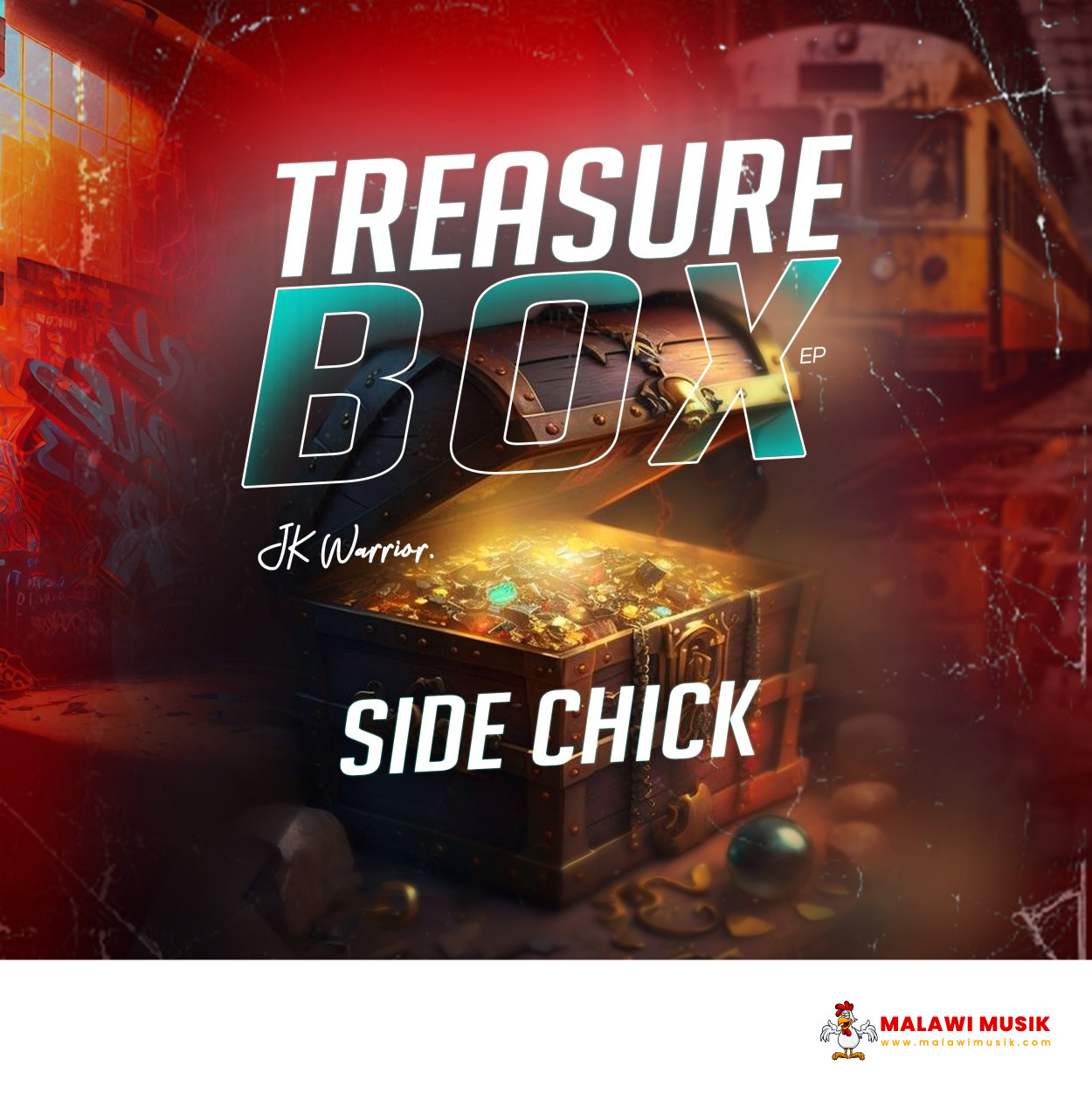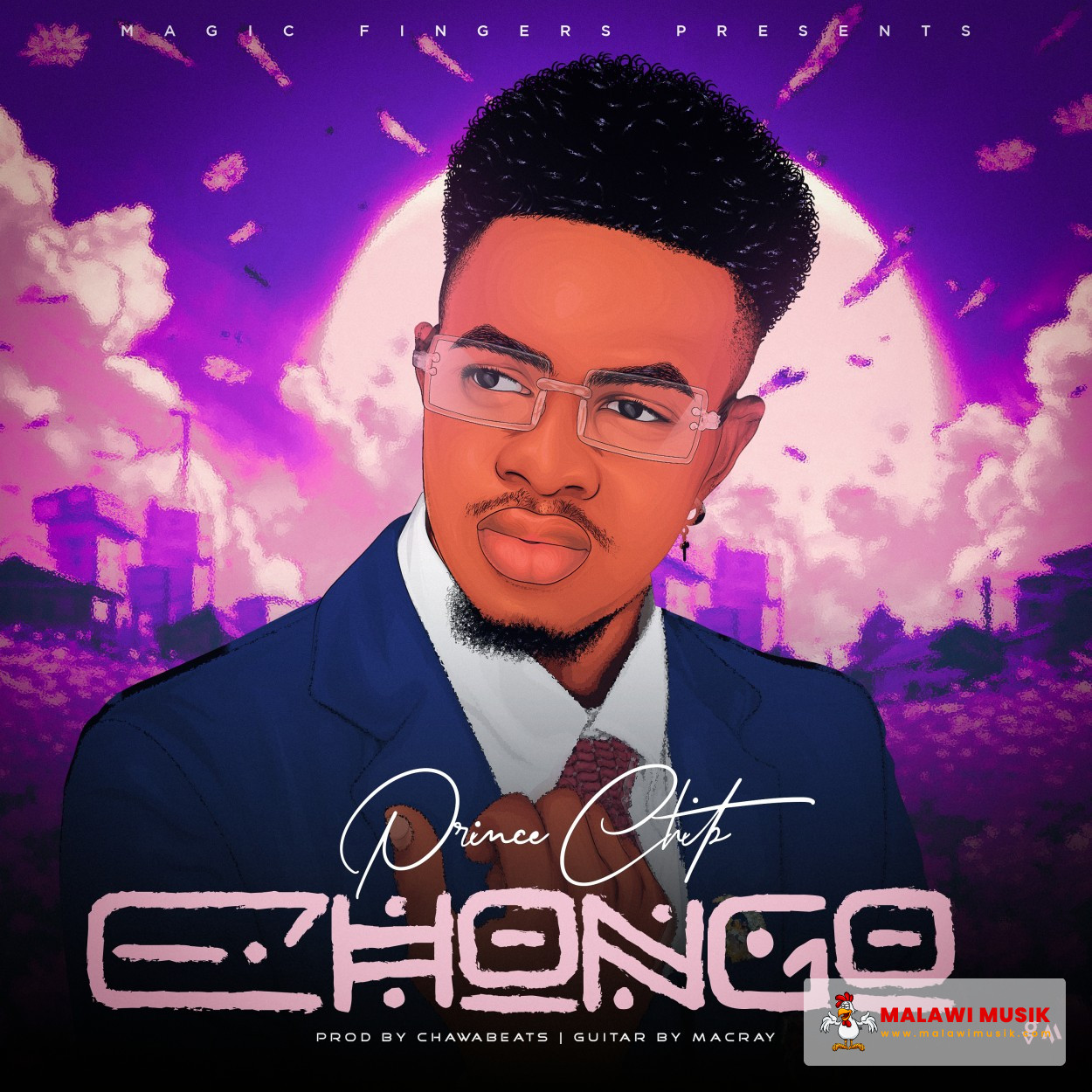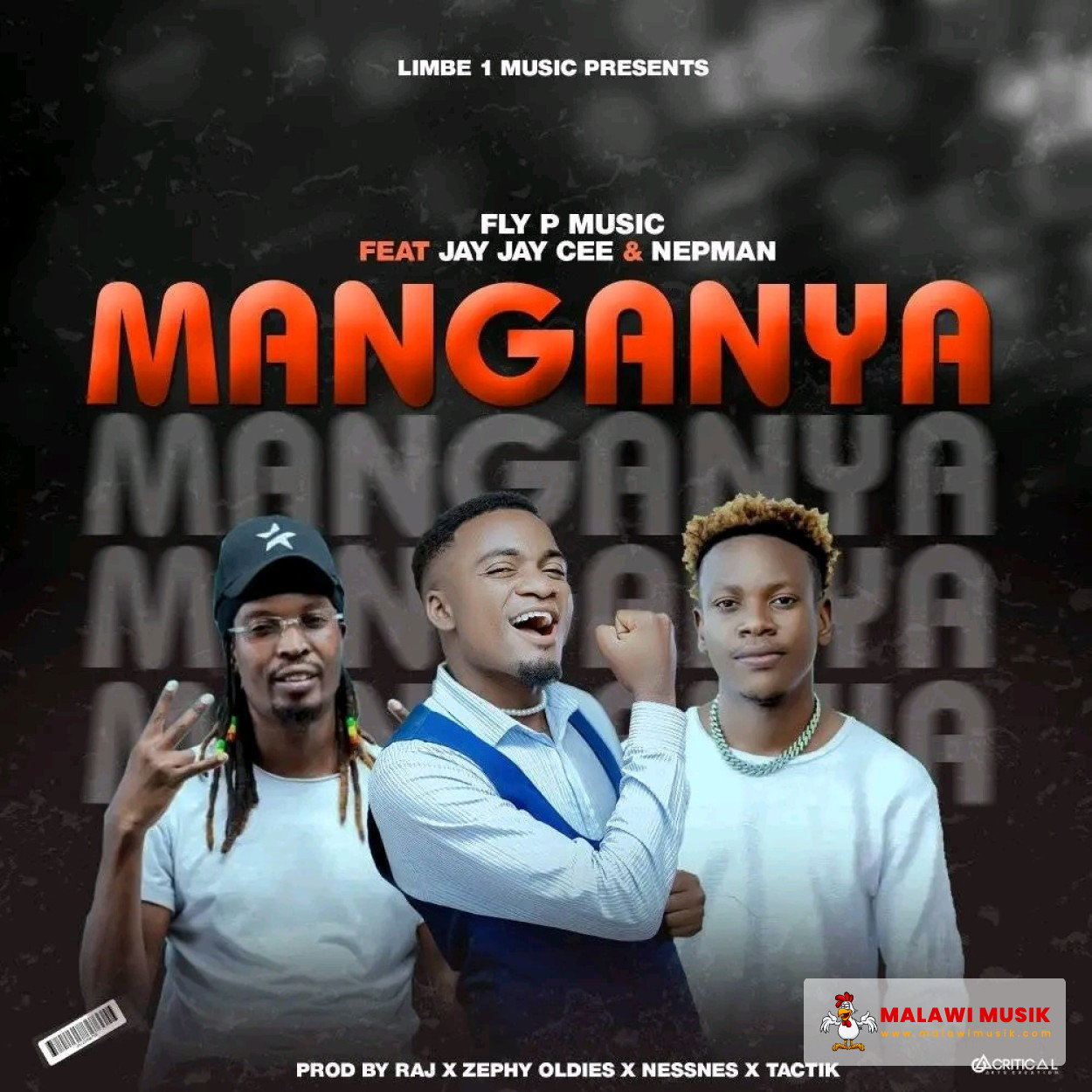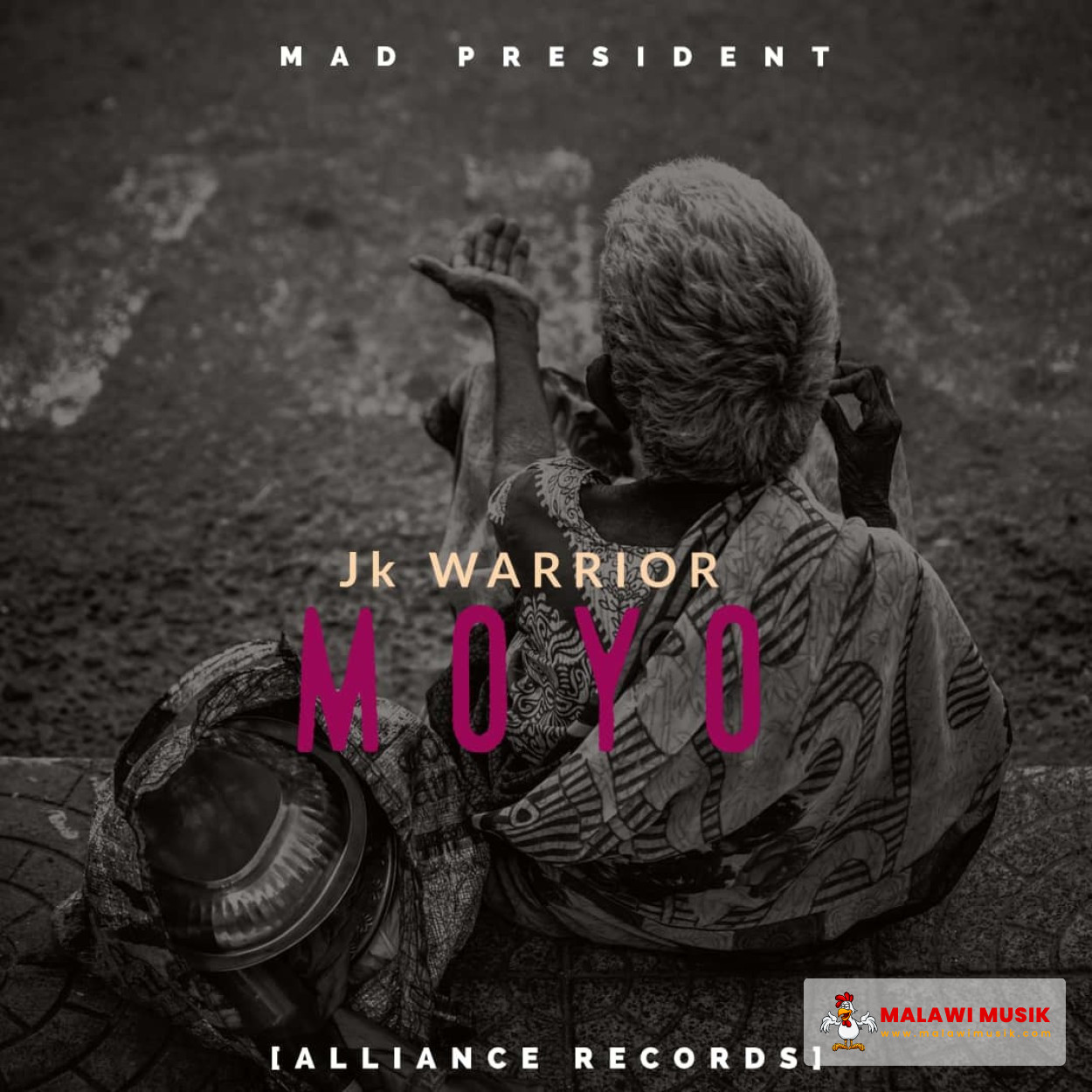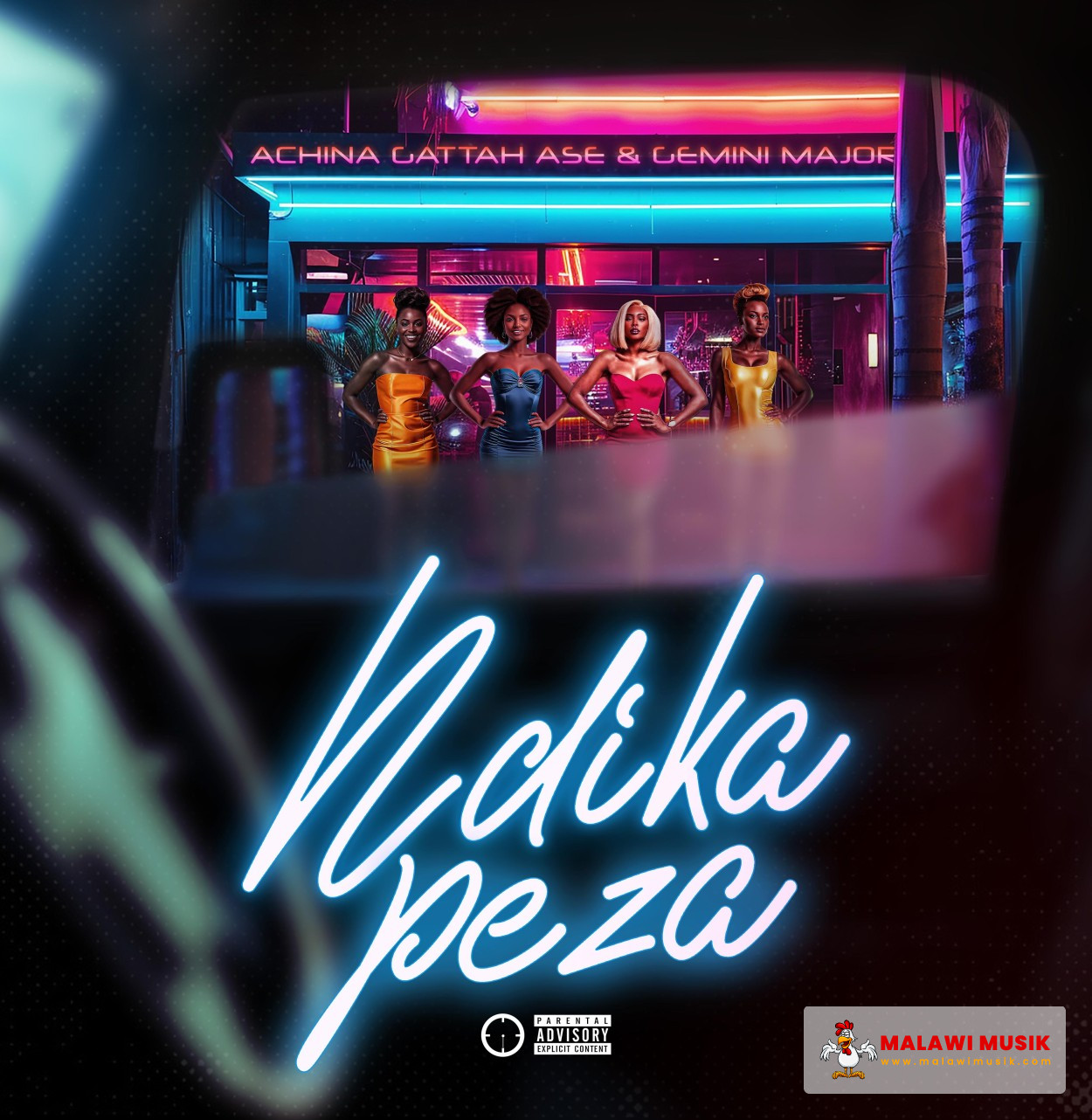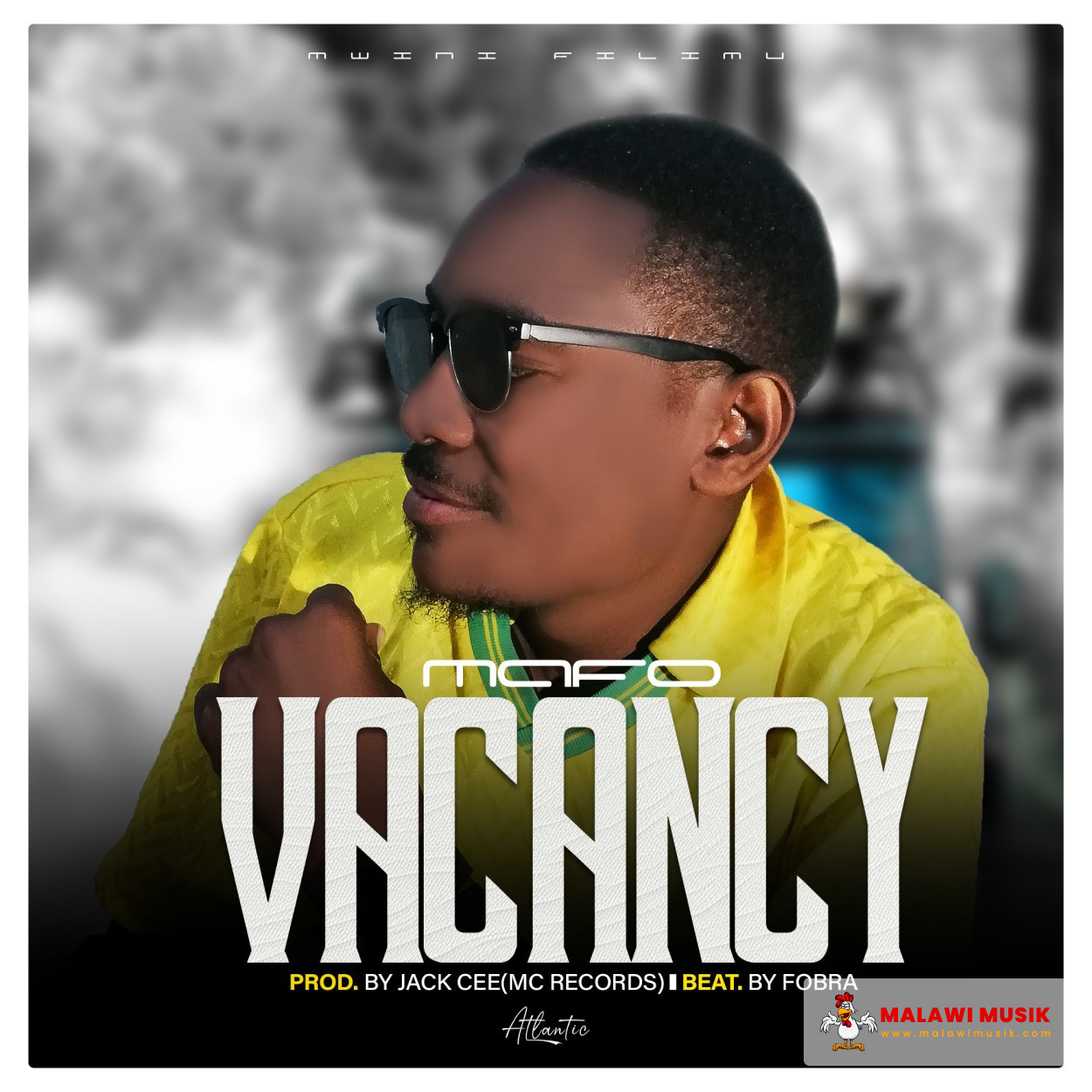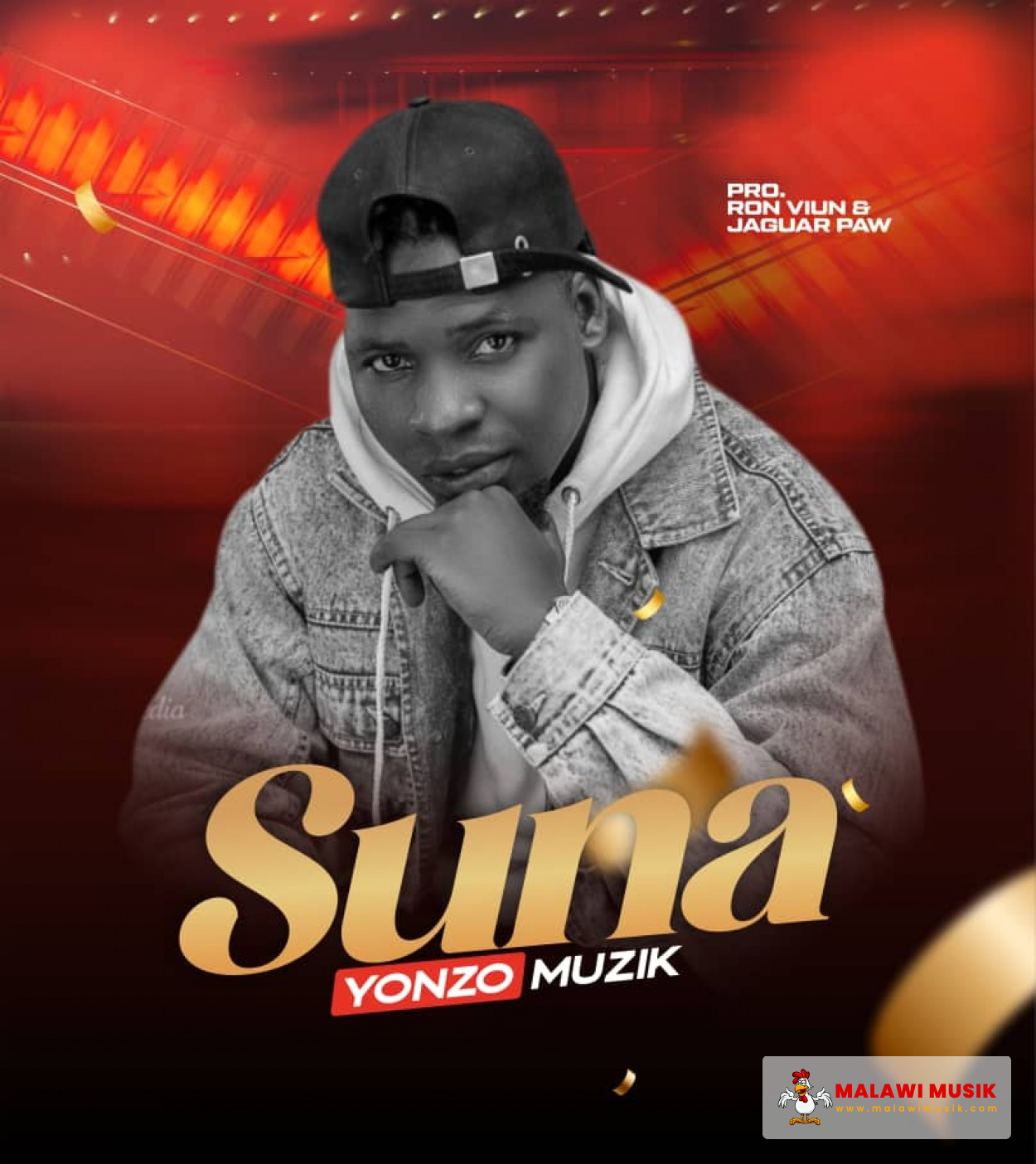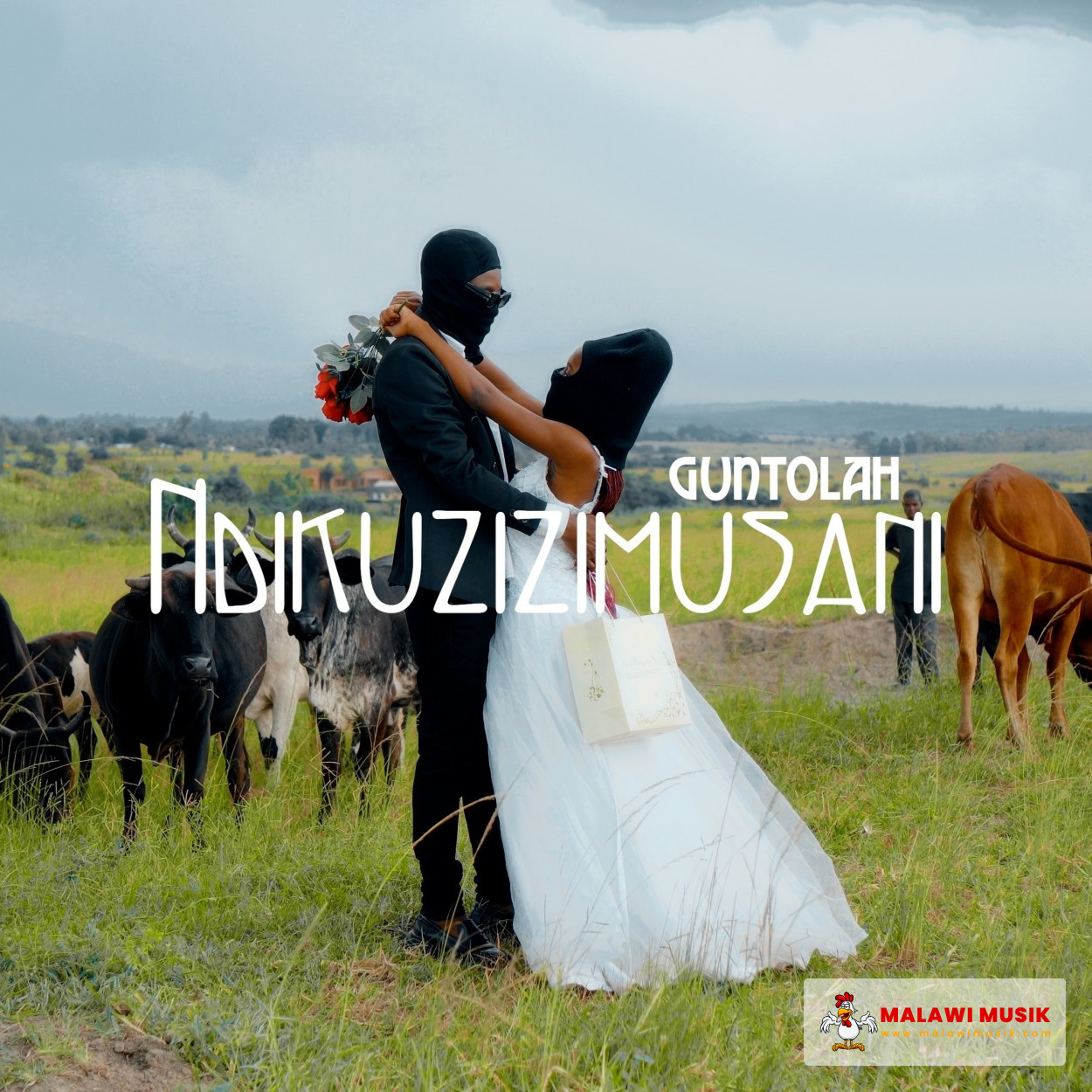South African playwright, academic, novelist and short story writer Nadia Davids is the winner of the 2024 Caine Prize for African Writing. It’s an important award that has played a significant role in shaping the career trajectories of numerous African writers. She received the prize for her exquisitely written and disturbing short story ‘Bridling’. The title refers to a scold’s bridle, also known as a witch’s bridle, a cruel metal muzzle placed on a defiant (or even gossiping) woman’s face in an act of public humiliation centuries past. A bridle must be worn on stage by the narrator of ‘Bridling’, who is performing in a theatre piece that aims to examine how men have viewed women through history. Not all the women cast in the production will stay until opening night, taking different forms of rebellion against its demands. We asked Davids about her winning story.

This year’s competition witnessed a record-breaking number of submissions, with 320 entries spanning 28 African countries vying for the coveted prize, while also marking a significant milestone in the Caine Prize’s history as it enters its 25th year.
Speaking of the winning story, award winning author Chika Unigwe (Chair of Judges) said: “Bridling is an impressive achievement, a triumph of language, storytelling and risk-taking while maintaining a tightly controlled narrative about women who rebel. It embodies the spirit of the Caine Prize, which is to celebrate the richness and diversity of short stories by African writers. That is to say, to challenge the single story of African literature.”
Nadia Davids joins the esteemed rank of previous winners, including Senegalese writers Mame Bougouma Diene & Woppa Diallo (2023), Kenyan writer Idza Luhumyo (2022), Ethiopian-American writer Meron Hadero (2021), and Nigerian-British writer Irenosen Okjie (2020).
This year’s judging panel comprised poet, artist and filmmaker Julianknxx; writer, scholar and filmmaker Siphiwe Gloria Ndlovu; Hip-Hop artist Tumi Molekane aka Stogie T; and novelist Ayesha Harruna Attah.
Nadia Davids will receive the prestigious £10,000 Caine Prize, in addition to having her work featured in the 2024 Caine Prize Anthology, Midnight In the Morgue and Other Stories published by Cassava Republic Press. Runners-up Tryphena Yeboah, Samuel Kolawole, Uche Okonkwo and Pemi Aguda will receive a prize of £500 and also feature in the 2024 Caine Prize Anthology. The 2024 anthology will also include stories from this year’s workshop held in Salima, Malawi.—https://www.caineprize.com/press-releases
What is your story about?
‘Bridling’ is narrated by a young woman, an actor early in her career, who lands a part in a sought-after, edgy, intersectional show about women, headed up by a lauded male director. We follow her from the audition through the rehearsal process to opening night.
I wanted to write about issues of power, creativity, co-opted feminism, fierce compromises, performances of the self and history, agency, silencing, women’s (literal) roles, our bids for freedom … All in a setting I knew intimately, but hadn’t written about before.
I also wanted to suggest that the rehearsal room and the performance space are a microcosm of the world, that the replication of old systems happens more often than resistance, but when resistance comes, it is a hard-won joy.
What is the play in the story about?
It’s called ‘Now is the Time’. It’s not a play in the traditional sense, but a work the director describes as “durational performance art”. In it, the women performers are directed to re-create facsimile tableaus of famous (or not so famous) paintings in western art that depict women.
They’re all works by male artists and the women are always depicted as naked, or draped in diaphanous material, or being subjected to violence.
A black and white historical illustration of a woman in a cap and shawl with a metal muzzle fitted over her head and around her mouth so that she cannot talk.
Re-enacting this imagery is physically uncomfortable and emotionally taxing for the performers – but they’re told constantly by the director that it’s important political work. The performers must become the artwork, each a part of an exhibition; they have to stand completely still for many hours, allowing audience members to mill around, watch, look, engage, while they – the actors – must remain utterly still, completely silent.
The narrator’s main role is that of a woman in the 1600s who is in stocks and in a scold’s bridle (a repugnant, abusive form of gendered punishment). Rebellions begin in the rehearsal process – actors leave, resist, demand a different way of working, but the narrator stays, she accepts all that she is told to do, convinced that she is being directed by a progressive genius. But then she forges an alliance with another older actor and, on opening night, something shifts, and her internal drama manifests in her performance.
Why did you choose a theatre setting?

I’ve worked as a playwright for two decades and before that was a drama student. The world of performance is such an enormous and rich part of my life and I realised one day that I’d never written about it.
As much as theatre has been a space of liberation, creativity and discovery for me, like all aspects of work and life, it’s also contained shadow and darkness. It’s a fascinating medium: it can be a space of radical freedom and also the means by which we reproduce harm; you can sit in an audience of hundreds and still feel individually addressed; it’s a genuinely collaborative medium that sometimes requires a singular vision. I wanted to think about those contradictions.
What do you hope readers take away from reading it?
I hope they take – or get – something, anything! – they need. People have reached out with such a wonderful range of responses and understandings of the story, some of which have made me re-examine moments or character motives. And that’s special and interesting as a writer; when someone else’s reading of your work invites you to revisit it with their eyes, their insights.
What’s the secret to writing a great short story?
I wish I had a clear answer! I’ve found that every piece of work comes with its own demands and process. But I like this idea of a secret: perhaps every story contains its own secret and it’s that secret – and how it wants to be told, or kept – that you, as the writer, have to try to find out. – THE CONVERSATION

